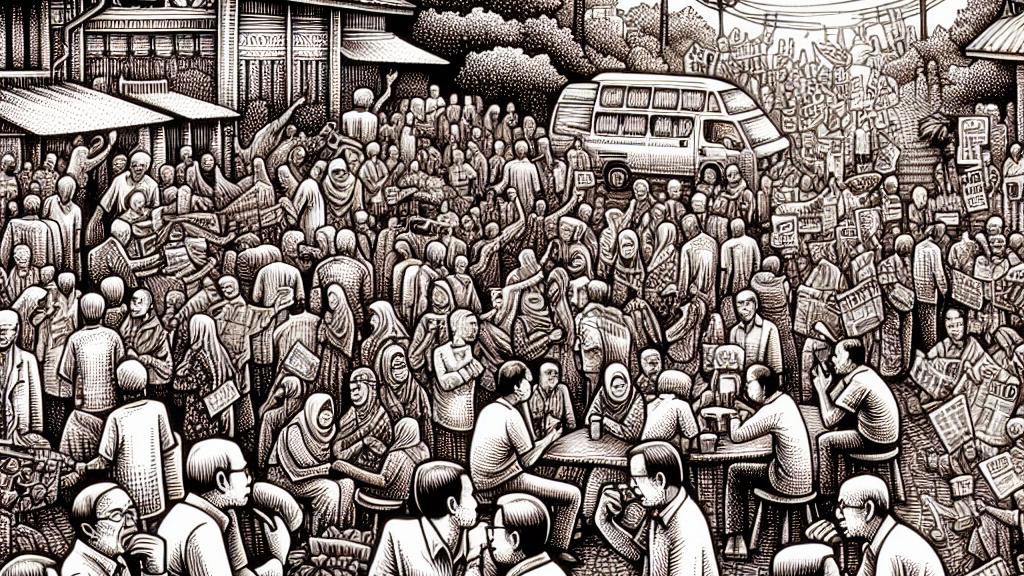Reflections of a Hyogo Voter on the Governor's Election
Overview
- Dive into the complex landscape of voter emotions during Hyogo's governor race.
- Examine the intertwining controversies that shaped public opinion of candidates.
- Unravel the profound influence of social media on modern electoral dynamics.

The Background of the Election
The recent governor election in Hyogo Prefecture emerged as a pivotal event, marked by heated disputes and a surge of public interest. As I engaged in discussions with friends and acquaintances, it became evident that the controversy surrounding former governor Saito Motohiko was at the forefront of everyone’s minds. His tenure was shadowed by accusations of misconduct, and people often cited their frustrations when reminiscing about past disappointments in governance. My own detachment from typical news sources meant that I was piecing together the narrative through informal chats. For instance, while casually sipping coffee with friends, they described Saito as a character embroiled in drama, a man believed to be fighting not only for his political future but also against a tide of public skepticism. Saito’s perceived failings served as a magnifying glass, revealing the broader struggles and aspirations of Hyogo's citizens, who were desperately yearning for transparent leadership.
Voter Perspectives
Throughout the spirited debates leading to the election, I encountered a kaleidoscope of opinions. Some friends passionately opposed candidate Inamura, vehemently branding her ideology as dangerously radical, particularly at the mention of her proposals for foreign voting rights. On the flip side, Saito's supporters portrayed him as a misunderstood champion, wronged by a vindictive media narrative. Intrigued, I sought to understand the underlying factors driving these perceptions. By analyzing public documents related to the allegations against Saito, I discovered a complex web of accusations including workplace misconduct and opaque financial dealings. These revelations added layers to the ongoing discourse, reinforcing the notion that this election was not merely a contest of policies, but a battleground for values, integrity, and the future direction of local governance—a reality that resonated deeply with voters like myself.
The Aftermath and Social Media's Role
As election night unfolded and Saito secured his victory, the reactions amongst my peers encapsulated a wide range of responses. Some jubilantly celebrated, viewing his win as a prospect for renewed hope, while others expressed dismay, fearing that the same troubled leadership would perpetuate existing issues. In the aftermath, social media erupted with fervor, shaping narratives that leaned in myriad directions. Memes, video clips, and passionate posts abounded, shaping perceptions and quickly becoming a part of political discourse. Particularly among younger voters, platforms like Twitter and Instagram became virtual town squares, where rapid-fire opinions fueled a collective exchange of ideas—both illuminating and misleading. This highlighted a critical shift in how we engage with politics today; social media is not just a tool for expression but a formidable force that can sway public opinion and behavior. Ultimately, the Hyogo governor election demonstrated that our choices are not only reflections of our desires but are heavily influenced by the ever-evolving landscape of digital communications, making it essential to navigate our political engagement with both discernment and enthusiasm.

Loading...